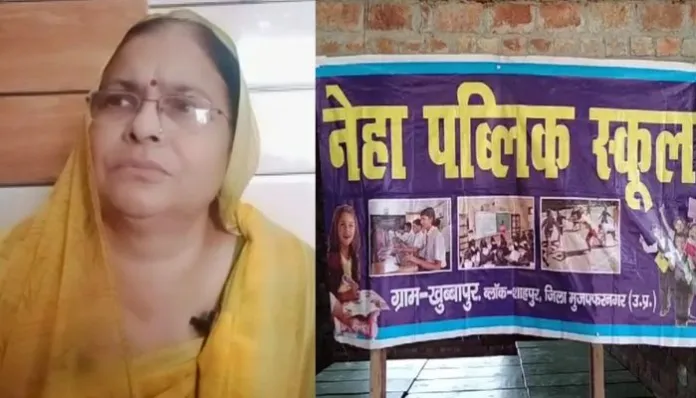Supreme Court raises objections to the investigation and the delay in registering the FIR regarding the slapping of a student in Muzaffarnagar. An IPS officer will oversee the investigation.

The Supreme Court on Monday raised “serious objections” to the investigation into an incident in which a seven-year-old boy was allegedly slapped by fellow students on the orders of their teacher at a private school in Uttar Pradesh’s Muzaffarnagar district. The court said the FIR was registered “after a long delay” and ordered that a senior IPS officer monitor the investigation.
A bench of Justices A S Oka and Pankaj Mithal noted that some of the boy’s father’s allegations were absent from the FIR and added, “We have grave objections to the manner in which the FIR was filed.”
The court noted that the father’s complaint alleged cognizable offences, but that initially only a non-cognizable report was filed and the FIR was submitted “after a lengthy delay.”
The bench also asked, “Moreover, where is the transcript of the video?” in the FIR and stated in its order, “considering the manner in which the police have taken action, and particularly in light of the fact that a cognizable offence was committed but a non-cognizable report was filed, investigation shall be conducted by a senior IPS level officer designated by the State Government within one week. The designated officer will determine whether the exception to Section 75 of the Judiciary Act and Section 153A of the Indian Penal Code must be invoked.
The court stated that the issue has multiple facets, including those related to the Right to Education (RTE) Act and quality.
Justice Oka expressed the court’s distress by stating, “This is a very serious matter. Is this a quality education if a teacher instructs students to strike a classmate because he or she is a member of a certain group?If the allegations are correct, the state’s conscience should be shocked.”
The bench added that “the state must assume responsibility for the child’s education.”
In its order, the court stated, “If the allegation is true, this may be the most severe form of physical punishment administered by a teacher, given that the teacher was in charge of other students.”
K M Nataraj, appearing on behalf of the state, asserts that the communal aspect of the incident is being inflated out of proportion. However, the court stated that the “transcript says so” and added, “This should not be regarded lightly. “What kind of education is being imparted if this incident is accurate?”
The court demanded that the state appoint professional counsellors for both the victim child and the children who were allegedly instructed to strike him. The bench wants to know what safeguards are in place for witnesses and the minor.
According to the regulations established by the UP government under the Right to Education Act, the local authority is required to ensure that no child is subjected to abuse or discrimination based on caste, class, religion, or gender in school. Therefore, there can be no religious abuse in schools.
Tushar Gandhi, a social activist, filed a petition before the court.
The UP government objected to the petitioner’s use of his status as the great-grandson of Mahatma Gandhi, but the court stated that it could consider the matter as a sui moto proceeding.
It added that “in a case such as this, the State should not be concerned with the petitioner’s location, because not only was the criminal law process not initiated, but there was also a violation of fundamental rights and the RTE Act.”



